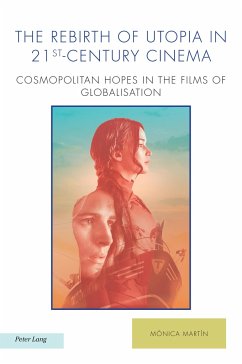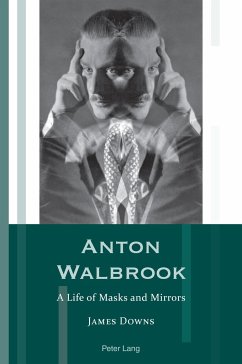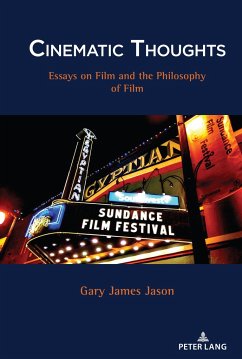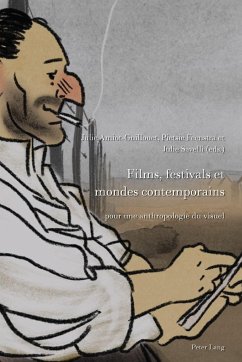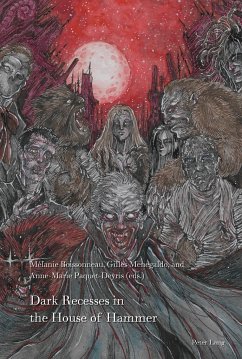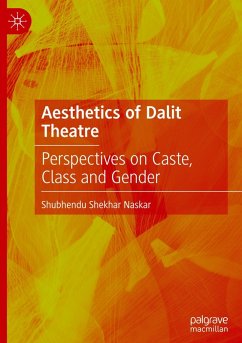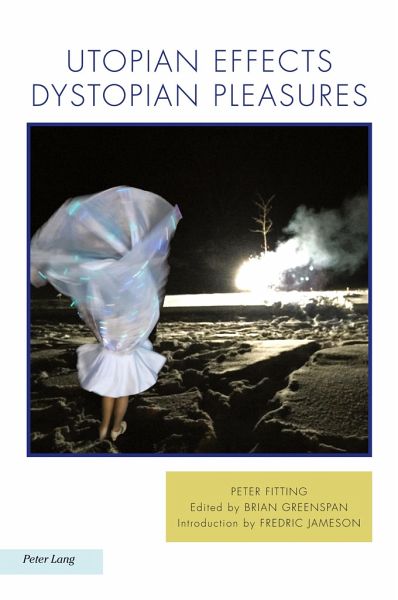
Utopian Effects, Dystopian Pleasures
Versandkostenfrei!
Versandfertig in 6-10 Tagen
58,80 €
inkl. MwSt.
Weitere Ausgaben:

PAYBACK Punkte
0 °P sammeln!
This collection brings together for the first time Peter Fitting's writings about the utopian impulse as expressed in science fiction, fantasy, cinema, architecture, and cultural theory. These wide-ranging essays trace the constant reconsideration of the utopian project itself over the past four decades, from its mid-twentieth century period of decline to its revival in counter-cultural science fiction of the 1960s and '70s, its second decline with the «dystopian turn» in film, and the rise of feminist pessimism in the 1980s.These pages reveal what popular utopian, dystopian, and science-fic...
This collection brings together for the first time Peter Fitting's writings about the utopian impulse as expressed in science fiction, fantasy, cinema, architecture, and cultural theory. These wide-ranging essays trace the constant reconsideration of the utopian project itself over the past four decades, from its mid-twentieth century period of decline to its revival in counter-cultural science fiction of the 1960s and '70s, its second decline with the «dystopian turn» in film, and the rise of feminist pessimism in the 1980s.
These pages reveal what popular utopian, dystopian, and science-fiction narratives tell us about today's most pressing political issues, including gender equity, education reform, technological change, capitalist excess, state-sanctioned violence, and the challenges of effecting lasting political change. Through analyses of various popular genres and media, the author demonstrates how utopian visions written from particular political perspectivestranscend narrowly partisan concerns to stoke our collective desire for another world and a more adequate human future, teaching us how to become the citizens and subjects that a utopian society demands.
These pages reveal what popular utopian, dystopian, and science-fiction narratives tell us about today's most pressing political issues, including gender equity, education reform, technological change, capitalist excess, state-sanctioned violence, and the challenges of effecting lasting political change. Through analyses of various popular genres and media, the author demonstrates how utopian visions written from particular political perspectivestranscend narrowly partisan concerns to stoke our collective desire for another world and a more adequate human future, teaching us how to become the citizens and subjects that a utopian society demands.




